At 8:55 am today, Dhaka, the capital city of Bangladesh, has secured the runner-up position among cities globally in terms of the most deteriorating air quality, displaying an alarming Air Quality Index (AQI) score of 219. This categorization signifies the air in Dhaka as 'highly detrimental' for the health of its residents, implying significant health hazards.
The air quality index also revealed Kolkata in India and Wuhan in China claiming the top and third positions on the list, registering air quality index (AQI) measurements of 278 and 212 correspondingly.
In the realm of air pollution, the Air Quality Index (AQI) value pertaining to particle contamination falling within the range of 101 to 150 deems the quality of air as 'adverse for individuals with heightened sensitivities'. Similarly, if the AQI value falls between 150 and 200, it is categorized as 'detrimental' to the overall air quality. Furthermore, when the AQI value rises to a range of 201 to 300, it is classified as 'extremely detrimental', and any reading surpassing 301 is considered 'hazardous', signifying grave health hazards to the inhabitants.
The Air Quality Index (AQI), a metric used to document the daily state of air cleanliness, provides individuals with information regarding the level of pollution in a specific urban location as well as potential health repercussions they should be mindful of. In Bangladesh, the Air Quality Index (AQI) relies on five substances that contribute to pollution, namely particulate matter (PM10 and PM2.5), nitrogen dioxide (NO2), carbon monoxide (CO), sulfur dioxide (SO2), and ozone.
The city of Dhaka has been contending with air quality concerns for a considerable amount of time. The air quality typically deteriorates in winter and then shows signs of improvement during the monsoon season.
According to the World Health Organization (WHO), approximately seven million individuals across the globe succumb to air pollution annually. The primary cause of this heightened mortality rate is linked to an increased incidence of stroke, heart ailments, chronic obstructive pulmonary disease, lung cancer, and acute respiratory infections.
As the authorities and residents grapple with this pressing issue, it is imperative to raise awareness, implement effective measures, and work towards improving the air quality in Dhaka for the well-being of its inhabitants.



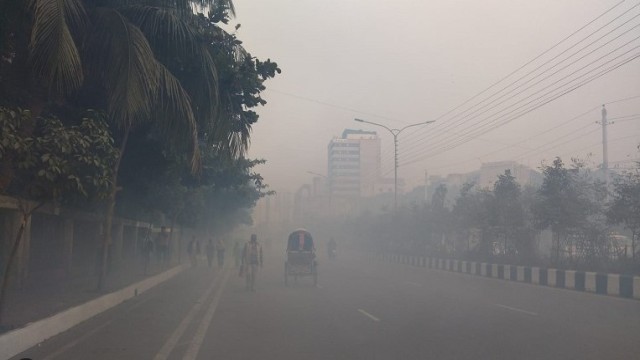



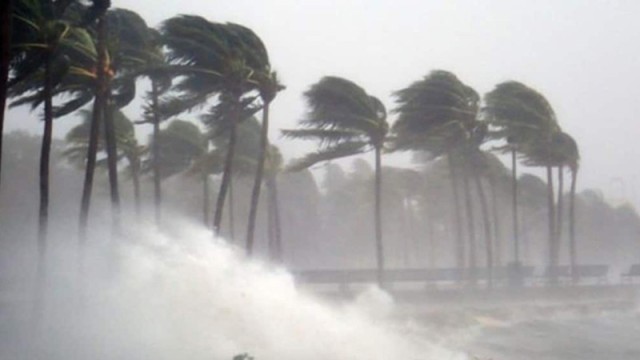
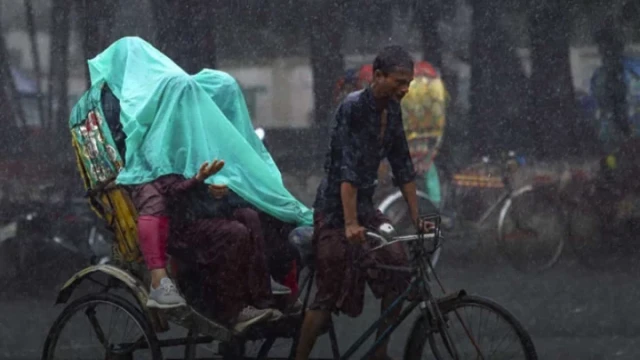

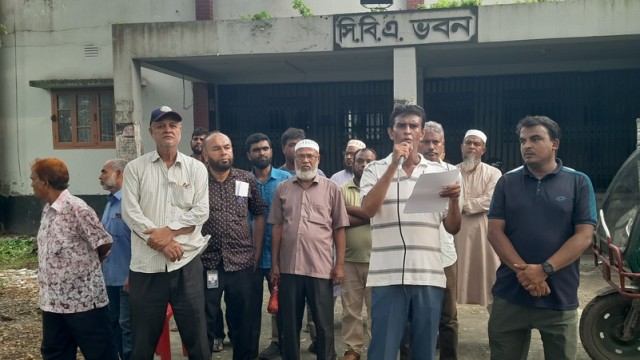














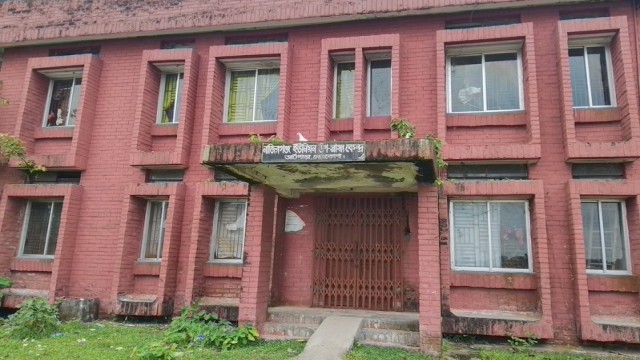


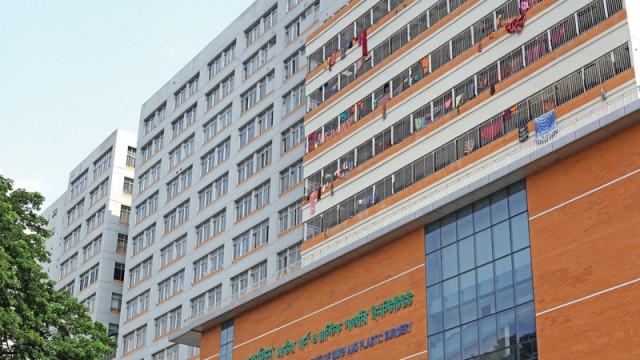

Comment: